Women Who Changed The World
Read the stories of 8 remarkable women who changed the world by contributing to global progress and gender equality.
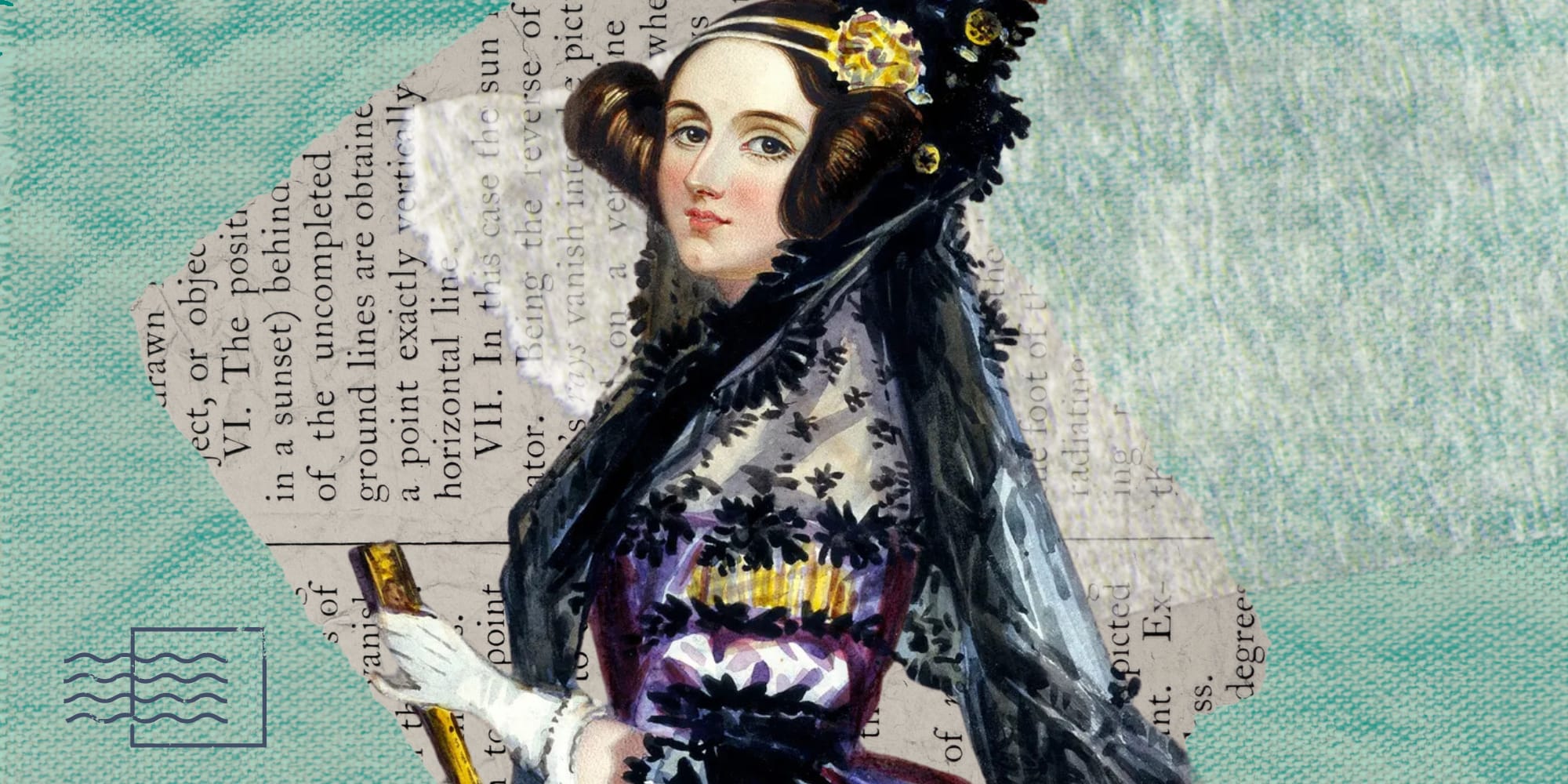
Every year, to honor women's contributions in history March marks Women's History Month. It is the time to celebrate the power of women's voices in the past and promote positive change in the future.
In this article we'll talk about the most prominent women who changed the world: from feminist and civil rights activists to mathematicians and paleontologists.
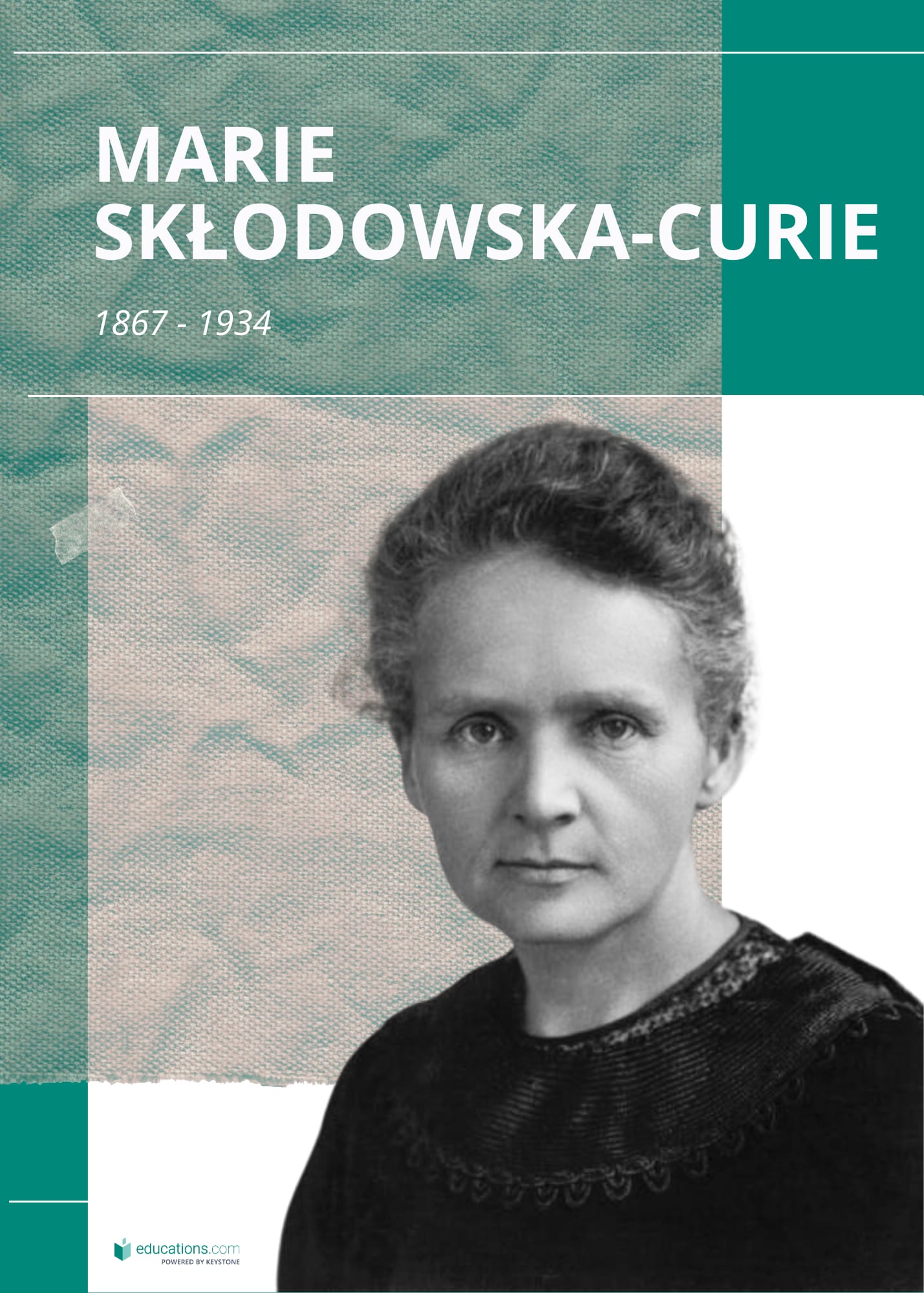
Marie Skłodowska-Curie
💡 The founder of the new science of radioactivity.
Marie Curie was a Polish physicist and chemist who conducted pioneering research on radioactivity. She is one of the most famous women who changed the world: the first woman to win a Nobel Prize, the first female professor at the University of Paris, the first person to win a Nobel Prize twice, and the only person to win a Nobel Prize in two scientific fields.
Throughout her life, she actively promoted the use of radium in treating certain medical conditions, which later launched effective cures for cancer. Even now, 90 years after her death, Marie Curie remains the idol for women and girls in STEM, with numerous awards, fellowship programs, and institutions established in her name.
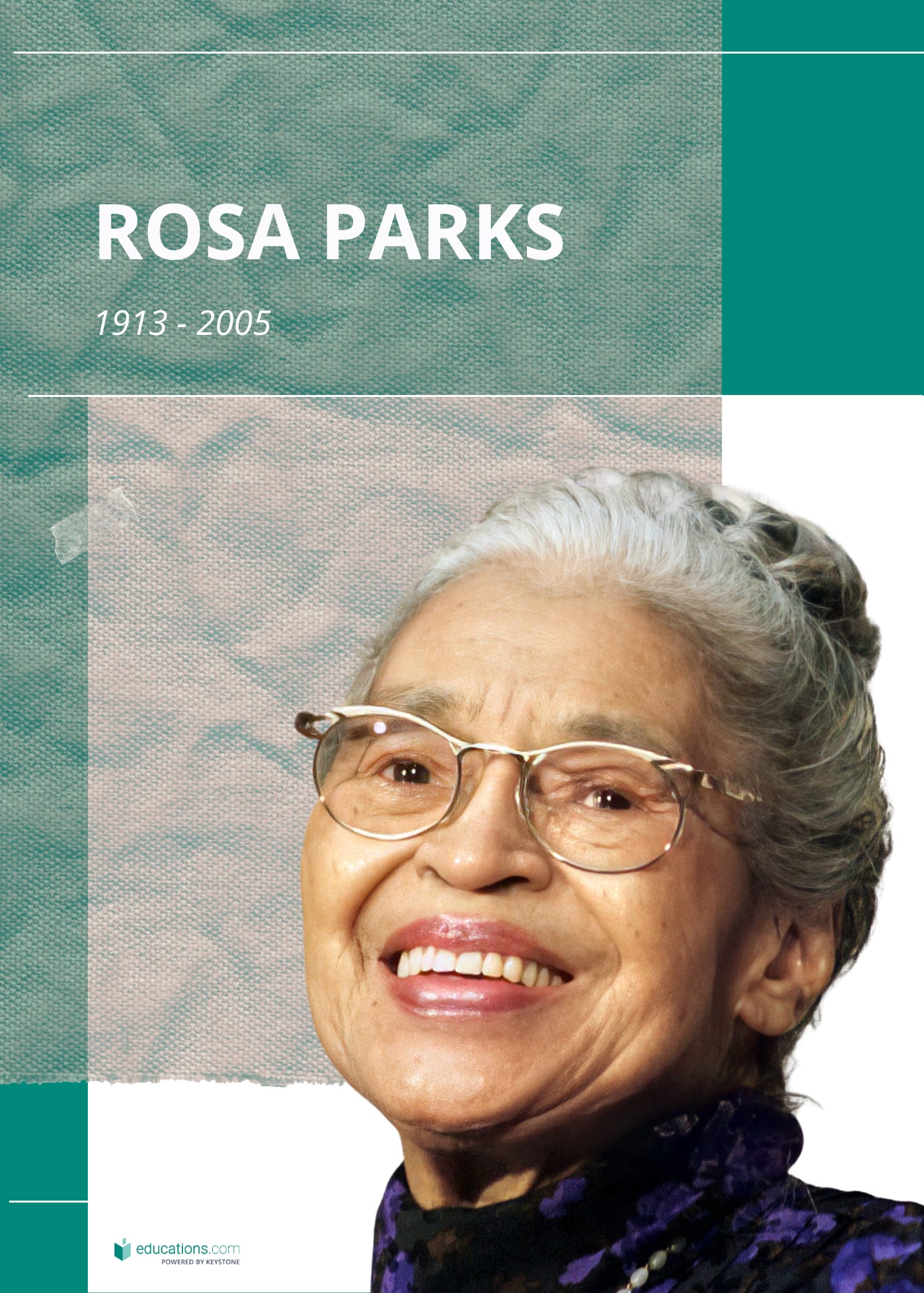
Rosa Parks
💡 The symbol of African Americans' fight for equal rights.
By simply refusing to give up her seat to a white man on a bus in 1955 Rosa Parks, an African American woman, inspired the leaders of the local Black community to organize the over a year-long Montgomery Bus Boycott. Almost a year later, the Supreme Court ruled that bus segregation was unconstitutional, placing Parks among the women who changed the world and making her "the mother of the civil rights movement".
I would like to be remembered as a person who wanted to be free ... so other people would be also free.
Stand for something or you will fall for anything. Today’s mighty oak is yesterday’s nut that held its ground.
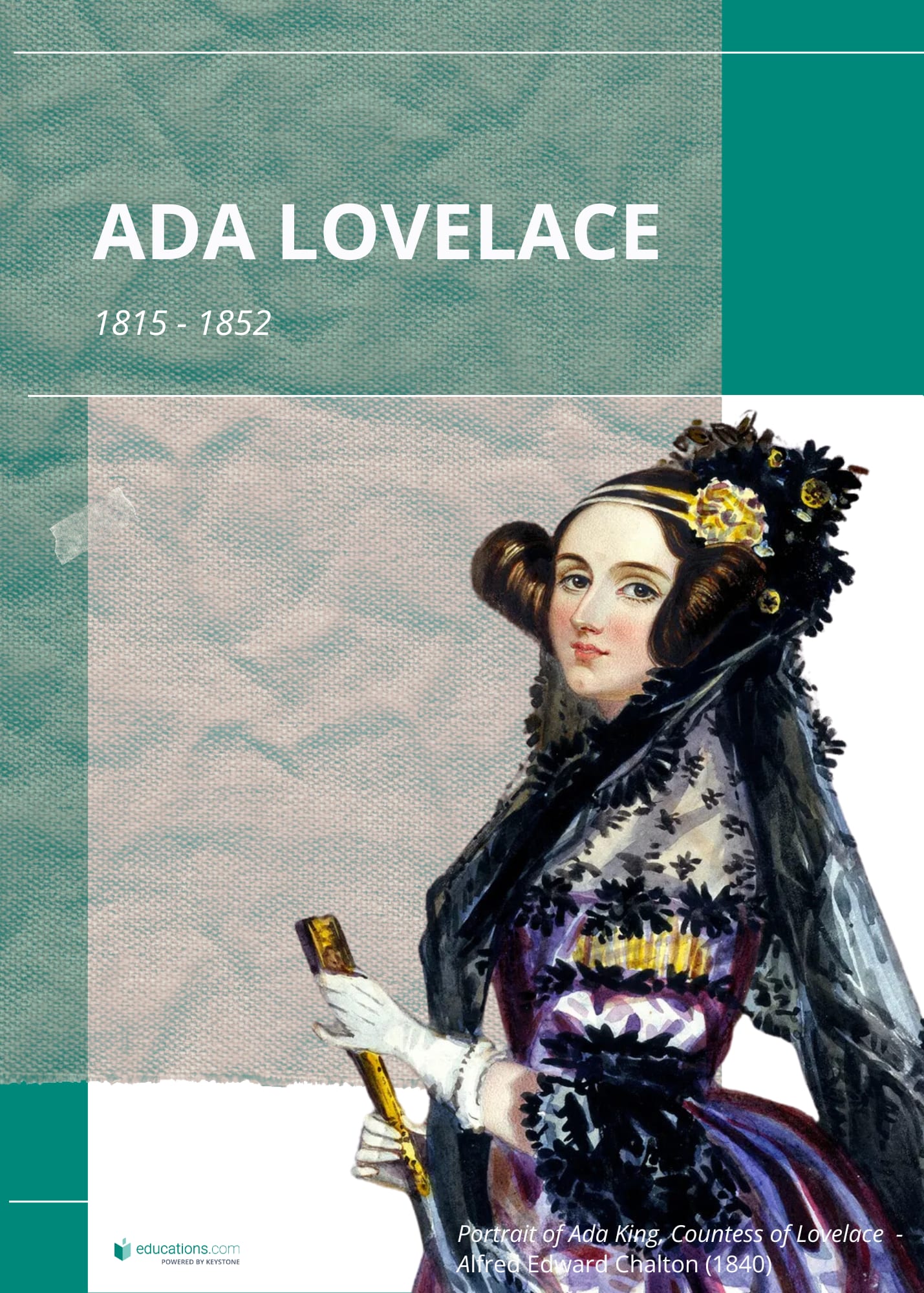
Ada Lovelace
💡 Considered to be the first computer programmer.
An English mathematician and visionary, Ada Lovelace created a program for Charles Babbage's prototype of a digital computer. In 1843 she published a translation of an article about the Analytical Engine, in which she included her own notes with a sequence of operations for solving certain mathematical problems and the potential for computers outside mathematics, becoming the first to explicitly state this notion.
The early programming language Ada is named after her and the second Tuesday in October is now recognized as Ada Lovelace Day, commemorating the achievements of women in STEM.
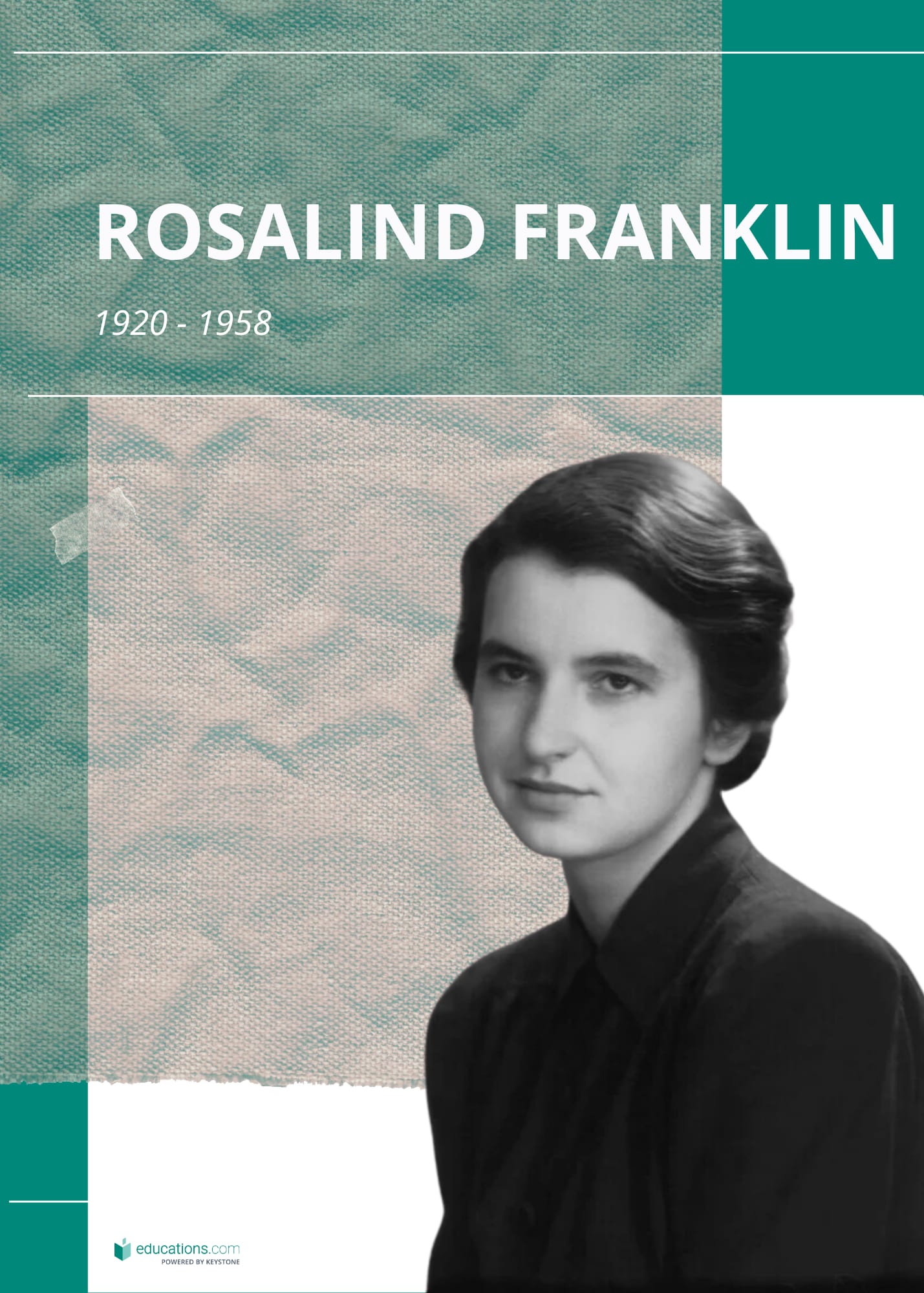
Rosalind Franklin
💡 Contributor to the discovery of the molecular structure of DNA.
Rosalind Franklin decided to become a scientist at 15. Despite her father being against higher education for women and wanting Rosalind to be a social worker, she achieved her dream and became one of the women who changed the world by uncovering the basis for modern genetics.
Rosalind began her research in the Biophysical Laboratory at King's College in London in 1951, when the structure and function of DNA remained unclear. Her discovery of the density of DNA and a helical conformation of the molecule on the X-ray diffraction picture laid the foundation for James Watson and Francis Crick to suggest that DNA is a double-helix polymer, sometimes called the uncovering of "the secret of life".
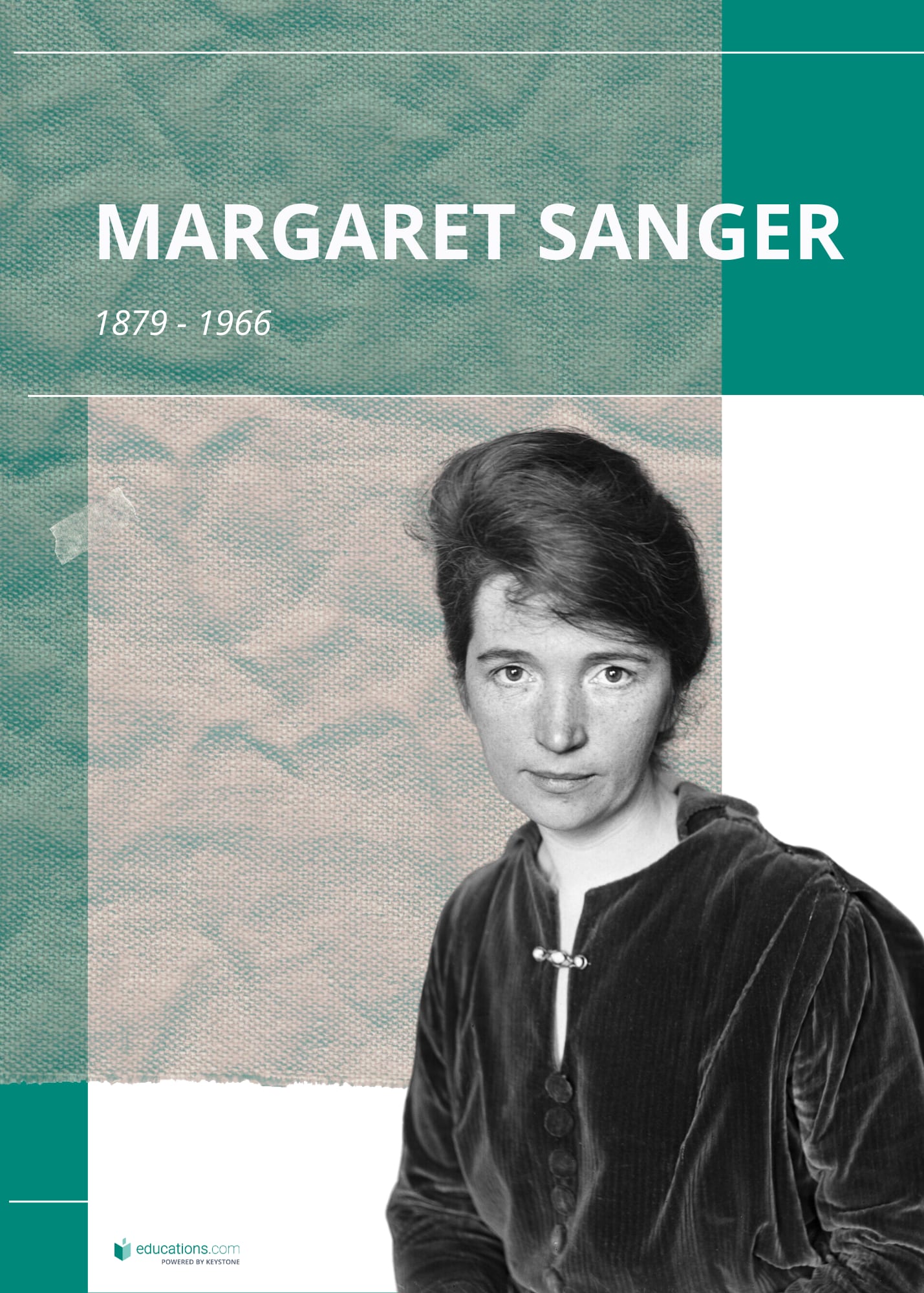
Margaret Sanger
💡 Devoted her life to legalizing birth control.
When Margaret Sanger was growing up, contraceptives were criminalized by the Comstock Act. At the age of 19, she watched her mother, wasted away from the strain of 11 children and 7 miscarriages, die of tuberculosis. Experiencing many women suffering from unwanted pregnancies while working as a nurse, Margaret became determined to make better contraceptives universally available for everyone.
She was the one to coin the term "birth control" in 1914 and began her mission come to life by providing women with information and contraceptives. Almost 50 years later, in collaboration with a medical expert in human reproduction Gregory Pincus, she accomplished her lifelong dream - the FDA approved Enovid, the first oral contraceptive.
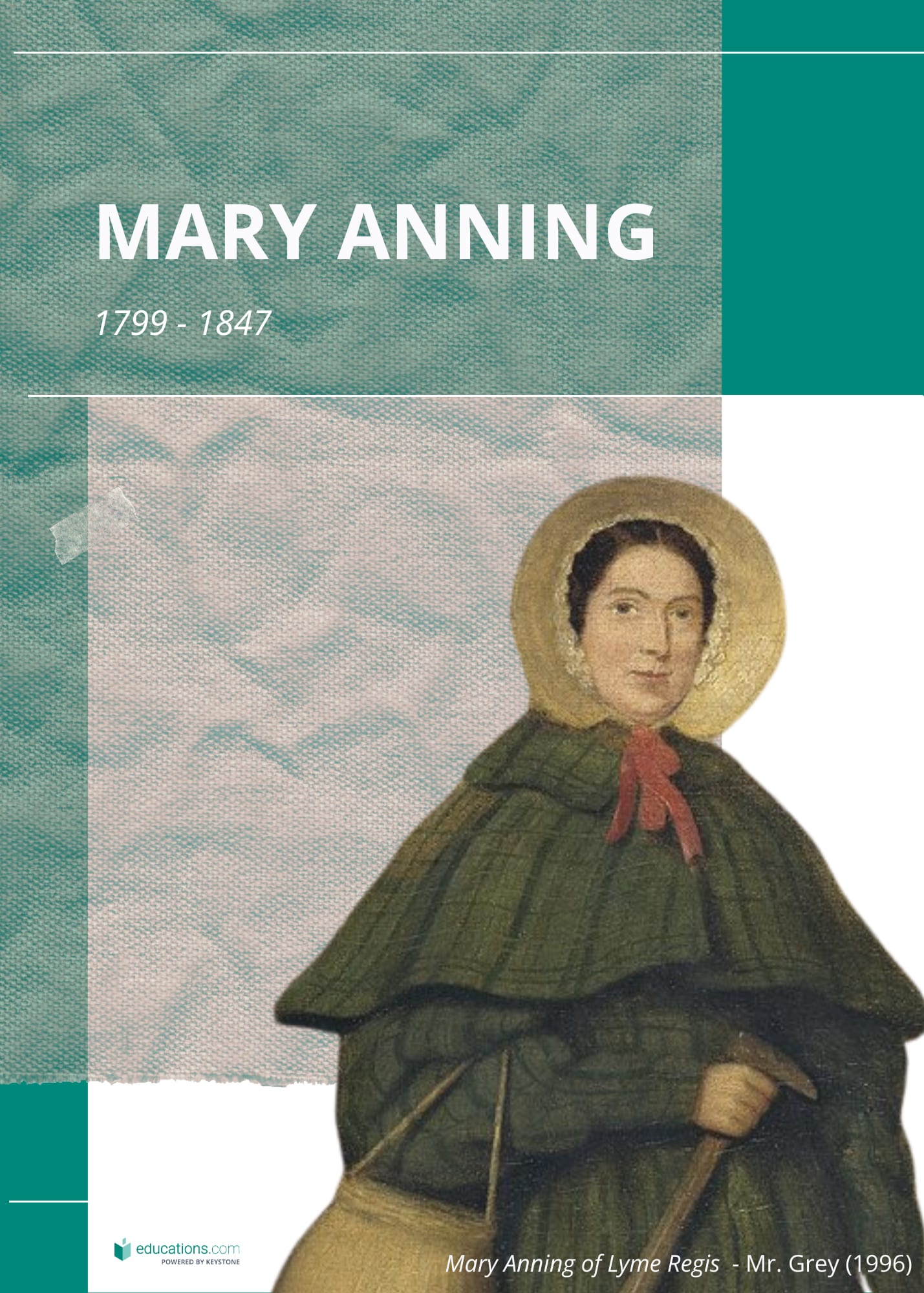
Mary Anning
💡 Pioneering paleontologist and specimen collector.
Mary Anning was born in 1799 in Lyme Regis to a family of religious dissenters. Her father was an amateur fossil collector and seller who taught Mary how to look for and clean the fossils and often brought her with him to the beach.
Her most notable discoveries of Ichthyosaurus and Pterodactylus happened decades before Charles Darwin published his work on the origins of life and framed a significant part of Earth’s geologic history. Although many of her findings were brought by male scientists or rich men who bought them leaving her uncredited, she still is famous as "the princess of paleontology".
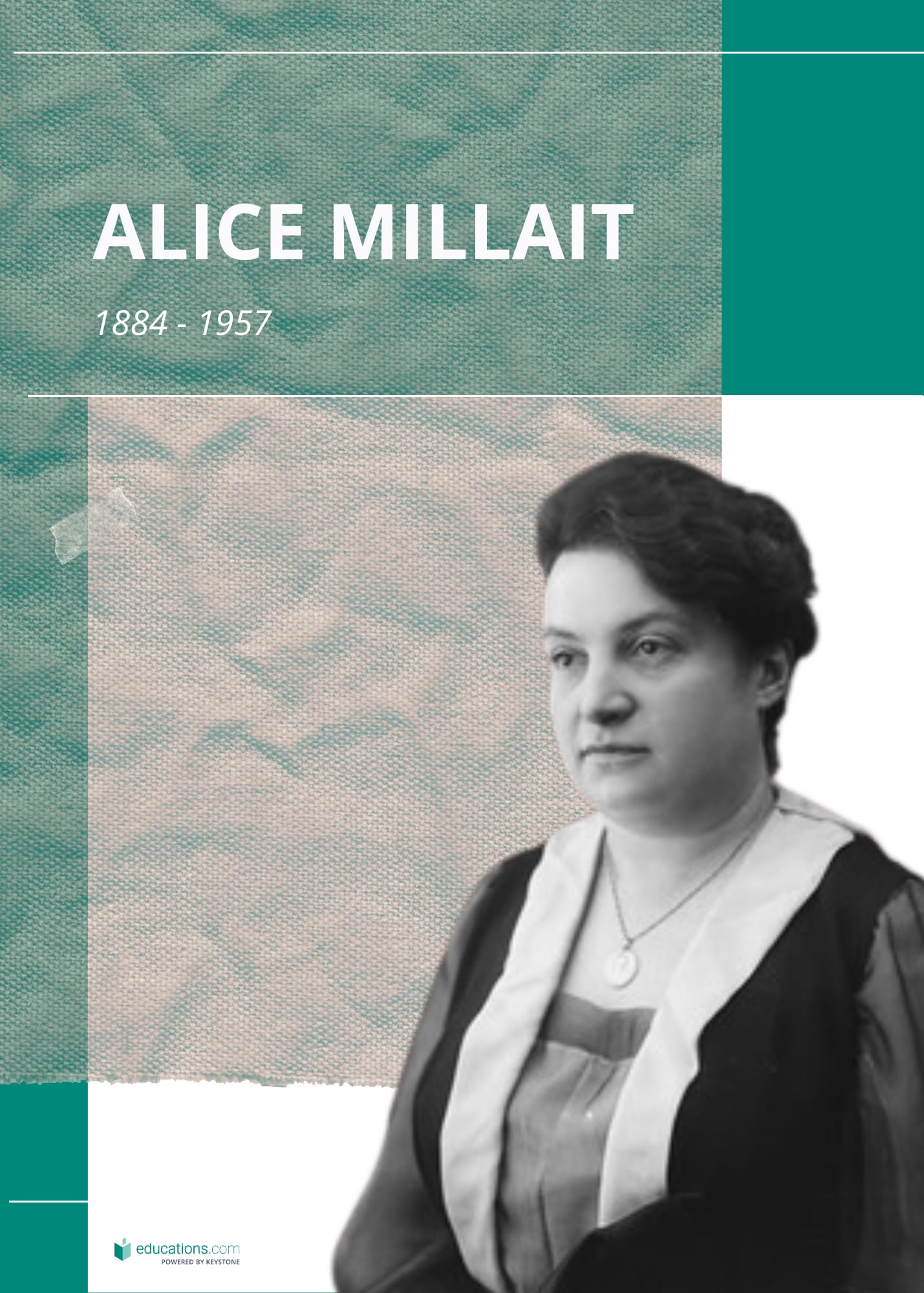
Alice Millait
💡 Organized the first multi-sport international women’s event.
An activist and visionary from France, Alice Millait believed that sport was the source of confidence and personal development for young women. As the President of the Federation Sportive Feminine International, she organized the first "Women's Games" in 1921, promoted women's sport, and perpetually emphasized the full inclusion of women in the Olympic movement.
Her work was directly responsible for the development of women's basketball, football, and athletics in France, becoming one of the most influential women in the history of women's sports. She made it possible for the first "women and sport" group to work in the International Olympic Committee in 1995, and to celebrate full gender parity at the upcoming Olympic Games Paris 2024.
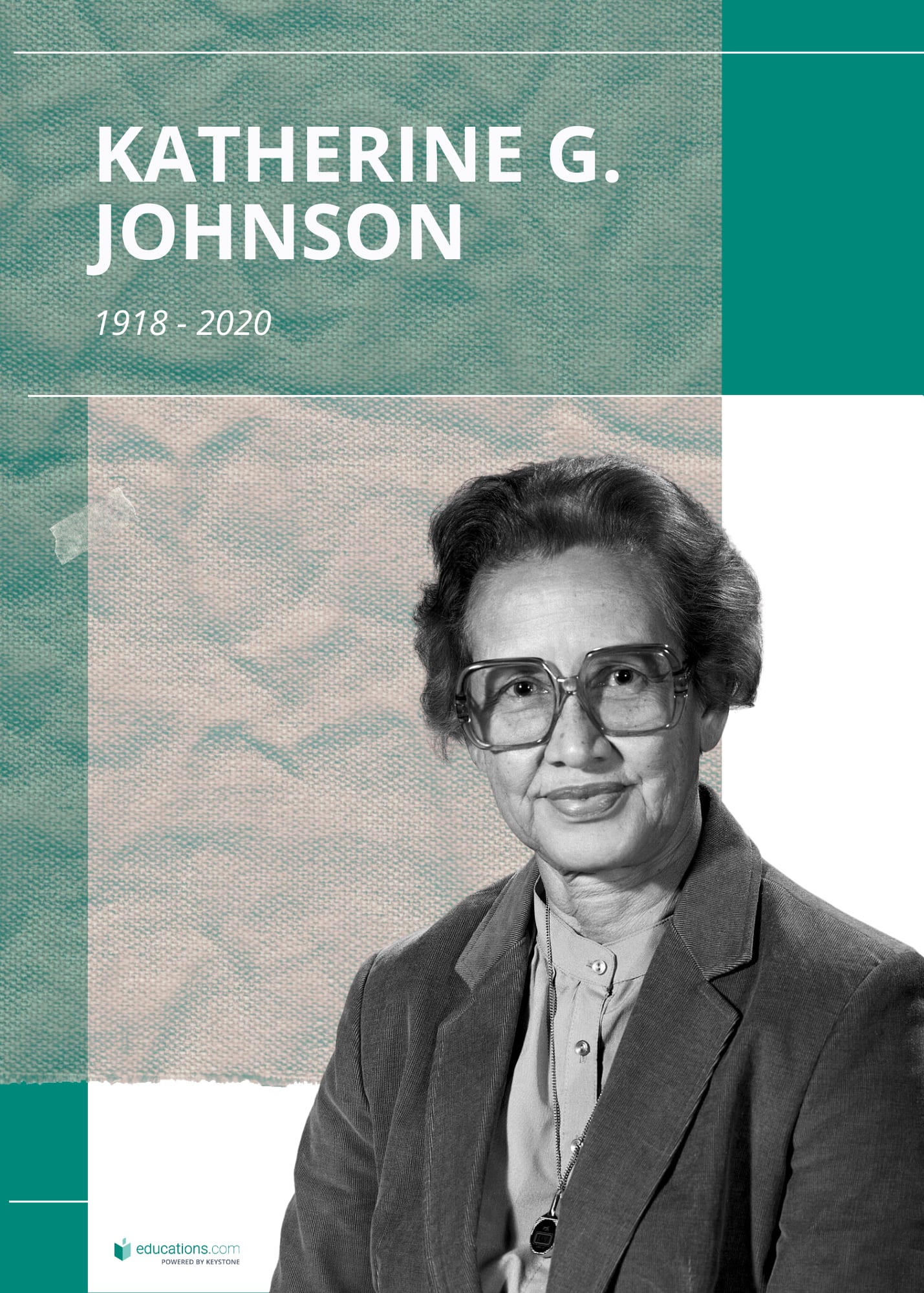
Katherine G. Johnson
💡 One of the brains behind the complex calculations that helped us fly into space.
Katherine Johnson was a famous woman in many ways. She was one of three black students to integrate West Virginia's graduate school and became the third African American to earn a PhD in mathematics. She also was the first woman in the Flight Research Division at NASA to receive credit as an author of a research report.
She was one of the brains behind the orbital mission of John Glenn in 1962, which marked a turning point in the competition between the United States and the Soviet Union. Katherine herself considers her greatest contribution to space exploration to be the calculations she did for Project Apollo's Lunar Module.
Conclusion
Despite many challenges throughout history, women fought to play an equal role in the world's development. A woman was the first programmer, the first person to win two Nobel Prizes, the symbol of the African Americans' civil rights movement, and so much more.
It's important to be curious about the contributions of the women who changed the world and acknowledge their legacy. Pointing out their contributions, we want to empower modern girls and women to break through the glass ceiling and continue the journey toward progress and equality.
Read more:

Keystone Team
Author
The Keystone Team is comprised of experienced educators and advisors dedicated to providing valuable resources and advice to students all over the world.